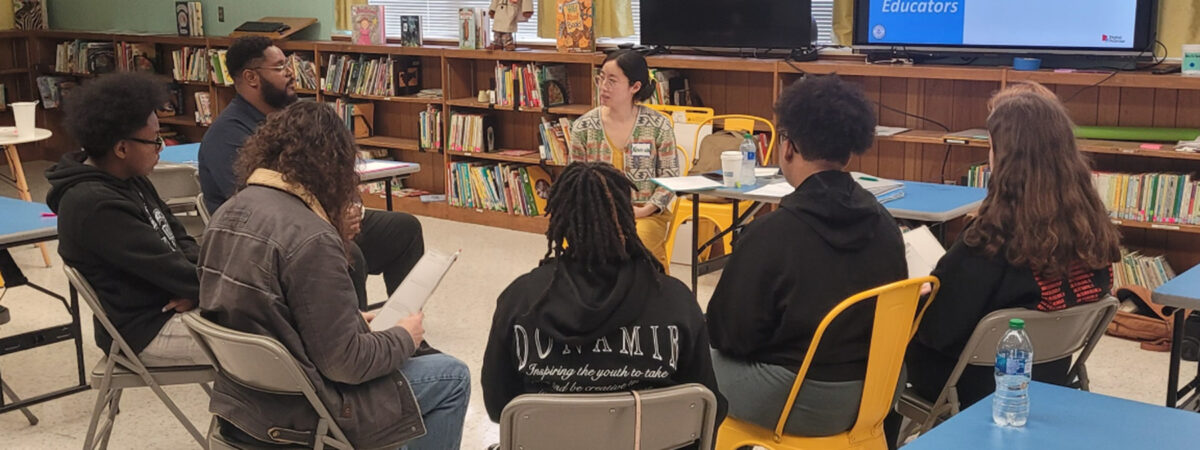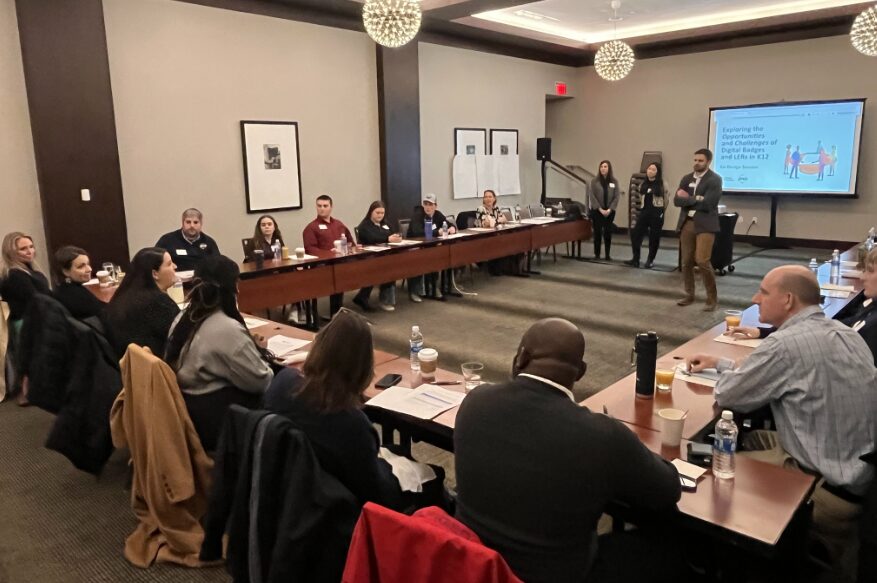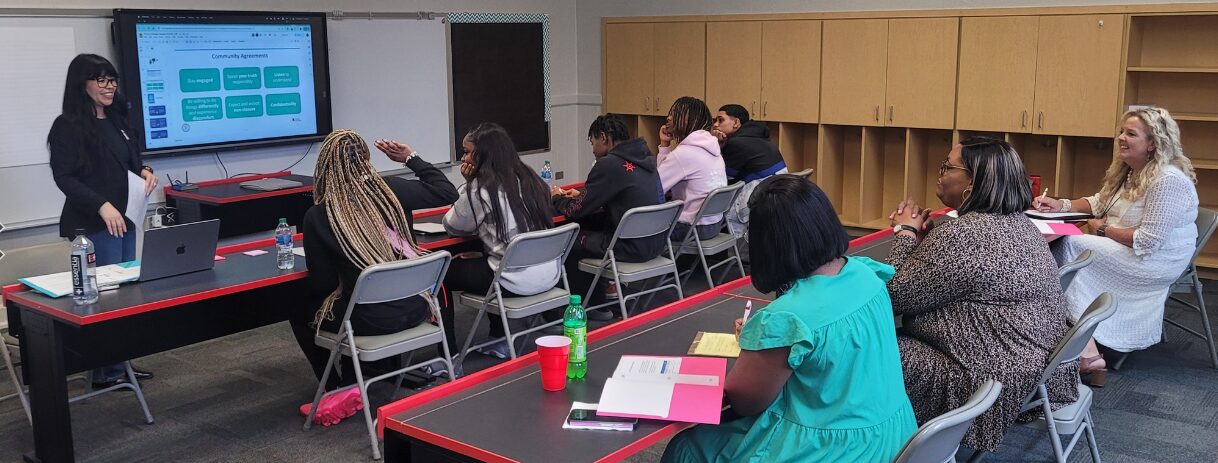
| Competency-based Micro-credential (MC) | Digital Badge | Learning and Employment Record (LER) Technologies |
|---|---|---|
|
A digital certification that verifies an individual’s competence with a skill or set of skills. Digital Promise’s micro-credentials are awarded as digital badges containing secure metadata that adhere to the 1EdTech Open Badges standard. This standard is a specification of the badge data that makes it portable, shareable, controllable, and verifiable by the issuer and earner. |
An electronic, symbolic representation of a credential (e.g., a certificate or micro-credential). |
A digital record of an individual’s skills, experiences, and competencies (Deegan, 2021). |
| Competency-based Micro-credential (MC) |
A digital certification that verifies an individual’s competence with a skill or set of skills. Digital Promise’s micro-credentials are awarded as digital badges containing secure metadata that adhere to the 1EdTech Open Badges standard. This standard is a specification of the badge data that makes it portable, shareable, controllable, and verifiable by the issuer and earner. |
|---|---|
| Digital Badge |
An electronic, symbolic representation of a credential (e.g., a certificate or micro-credential). |
| Learning and Employment Record (LER) Technologies |
A digital record of an individual’s skills, experiences, and competencies (Deegan, 2021). |
We invited a range of participants to our sessions to break down silos between high school students, high school educators, K-12 education leaders, caregivers, higher education partners, and workforce partners. Our co-design sessions included an overview of competency-based micro-credentials and LER technologies, focus groups on each respective topic, and a competency-based micro-credential design activity. For the design activity, participants designed competency-based micro-credentials to represent a skill that they believe should be recognized but is not currently captured by standard forms of recognition such as course grades, transcripts, and degrees. These skills include communication, creativity, and financial literacy.
Our research leveraged a co-design approach that relies on collaboration between the researchers and participants (Hurley, Dietrich, & Rundle-Thiele, 2021). This method allows for mutual learning and the emergence of innovative solutions while also building community, trust, and transparency. During the co-design process, participants have the opportunity to influence design, promote accessibility, and equity for participants, and provide researchers with a better understanding of their challenges, desires, and needs.

After two days of co-design sessions with JMG, some reflected on the experience:
Participants also raised the following questions:

After two days of co-design sessions with Talladega City Schools, participants shared their reflections:
Participants also raised the following questions:
Participants’ impressions from the co-design sessions included positive feedback on the potential benefits of competency-based micro-credentials and learning and employment record technologies, especially in providing recognition, confidence, and diverse and equitable learning experiences for K-12 learners. However, they expressed concerns regarding risk and inclusivity, community buy-in and training, data reliability, ownership, and privacy.
Through this research, Digital Promise aims not only to impact employers and postsecondary institutions and programs by addressing skill recognition gaps but also to inform policies that can support the successful implementation of competency-based micro-credentials and learning and employment record technologies for K-12 learners, specifically historically and systematically excluded communities.
Keep on the lookout for our upcoming report exploring the opportunities and considerations of competency-based micro-credentials and learning and employment record technologies for K-12 students.
Digital Promise has been a pioneer in competency-based micro-credentials and has more than 10 years of experience in supporting organizations with their micro-credentialing needs. If you are interested in learning more about micro-credential services, please contact us at microcredentials@digitalpromise.org.
Deegan, J. (2021). Digital learning records make the job market more equitable and CBOs can help. https://www.jff.org/digital-learning-records-make-job-market-more-equitable-and-cbos-can-help/
Hurley, E., Dietrich, T., & Rundle-Thiele, S. (2021). Integrating theory in co-design: An abductive approach. Australasian Marketing Journal, 29(1), 66-77